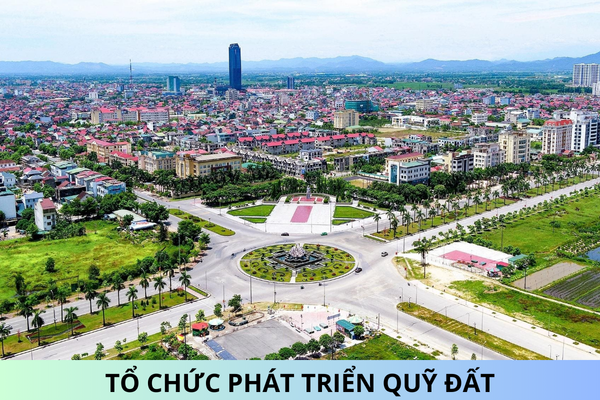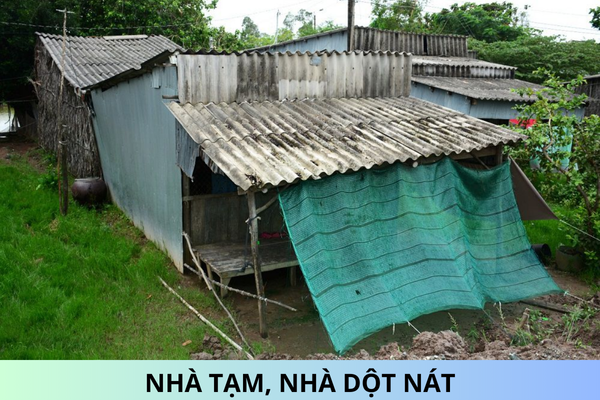What are regulations on determination of multiple ownership between family members in Vietnam?
What are regulations on determination of multiple ownership between family members in Vietnam? What is land-using household in Vietnam? Can the transfer of land use rights of a household in Vietnam be carried out without the consent of other members?
My family has a piece of land with an area of 2000m2 in X commune, Long Thanh, Dong Nai. The land was granted to my family by the commune authorities in 1995. At that time, there were me, my wife and 3 children in the household registration. Currently, all 3 children have grown up and have their own families and live far away. I plan to sell the land above to someone else. However, when I went to the notary office to notarize the land sale contract, the notary said that I needed to have the signatures of all members of my family in order to sell it. How can I sell the land without having signature of everyone? Thank you.
What are regulations on determination of multiple ownership between family members in Vietnam?
Pursuant to Article 212 of the Civil Code in 2015 stipulating multiple ownership between family members as follows:
Multiple ownership between family members
- Property of family members living together includes property that they contributed or made together and other properties whose ownership rights are established in accordance with this Code and relevant laws.
- The possession, use and disposal of multiple ownership property by family members shall be conducted as mutually agreed. With respect to disposal of an immovable property, a movable property required registration, or a property being the primary income of the family, the agreement between all family members being adults with full legal capacity is required, unless otherwise prescribed by law.
If there is no agreement, the regulations on ownership in common prescribed in this Code and relevant laws shall apply, except for the case prescribed in Article 213 of this Code.
Therefore, the multiple ownership between family members is the land use rights of a household. The ownership must be agreed upon by all members of the household who are adults with full civil capacity, except as otherwise provided by law.
What are regulations on determination of multiple ownership between family members in Vietnam? - Image from Internet
What is land-using household in Vietnam?
Pursuant to Clause 29 Article 3 of the Law on Land in 2013 stipulating land-using household as follows:
Land-using household means those who share a marital, family or foster relationship as prescribed by the marriage and family law, are living together and have joint land use rights at the time of being allocated land or leased land, or having land use rights recognized by the State; or acquiring land use rights.
Can the transfer of land use rights of a household in Vietnam be carried out without the consent of other members?
Pursuant to Clause 2 Article 64 of the Decree 43/2014/ND-CP stipulating contracts and transaction documents on land use rights and ownership of land-attached assets as follows:
Contracts and transaction documents on land use rights and ownership of land-attached assets of groups of land users or groups of owners of land-attached assets shall be signed by all group members or enclosed with authorization documents in accordance with the civil law, except the case of apartment owners sharing the use of a land parcel in an apartment building.
As regulations above, when carrying out the transaction of property, which is owned by multiple family members, there must be the signature of all members of the household or an authorization document with the content of authorizing the disposal of the land use rights above.
Pursuant to Clause 2 Article 55 of the Law on Notarization in 2014 stipulating as follows:
In case both the authorizing party and authorized party cannot appear together at the same notarial practice organization, the authorizing party shall request the notarial practice organization of the place of residence of the authorizing party to notarize the authorization contract; the authorized party shall request the notarial practice organization of the place of residence of the authorized party to further notarize the original of this authorization contract and complete procedures for notarization of the authorization contract.
In the case of authorization to carry out a transaction on land use rights, if your child and you cannot be present at the same notary office, your child can request the notary office where they reside to notarize the authorization contract and you can request the notary office where you reside to notarize the original authorization contract to complete the transfer of land use rights.
If your child does not agree to the transfer, you can negotiate to divide the land use rights with other members of the household and transfer the property that belongs to you. If you cannot agree to the division, you can file a lawsuit in court to divide the land use rights. After the division, you can trade the property that belongs to you.
Best regards!
Best regards!











